Politique de Responsabilité sociétale
Responsible commitments

United Nations Global Compact
In 2023, we joined the UN Global Compact, the largest international initiative of companies committed to sustainable development. In this sense, we adhere to the ten fundamental principles on human rights, labour, environment and anti-corruption, contributing to the UN Sustainable Development Goals (SDGs). Every year, we are required to report on our progress.

Science Based Targets Initiative
The Science Based Targets Initiative (SBTi) is a climate action organisation that enables companies and financial institutions worldwide to tackle climate change by developing standards, tools, and guidelines. Aligned with the COP 21 objectives, Maison SELMER has committed to a trajectory toward carbon neutrality by 2050. Our medium-term goals are to reduce our Scope 1 and 2 greenhouse gas emissions (on-site and off-site greenhouse gas emissions) by 42% by fiscal year 2030.
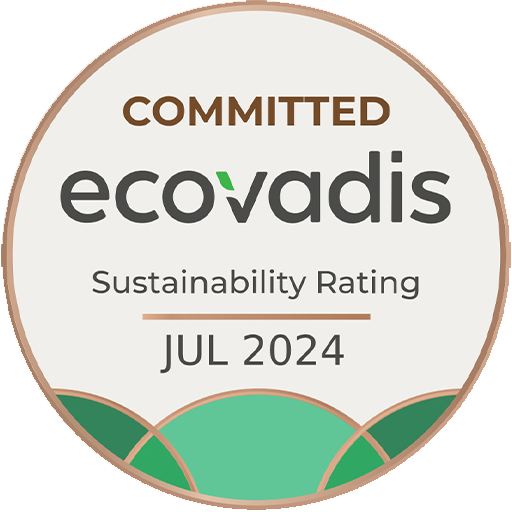
EcoVadis
EcoVadis is a global sustainability rating platform that helps companies assess and improve their corporate social responsibility (CSR) performance. Each year, we undergo an EcoVadis assessment based on ethical, social, human rights, and sustainable procurement criteria. In 2024, Henri SELMER Paris achieved a score of 56/100, placing us above the industry average of 45.1. However, we recognize that there is still work to be done to address current and future challenges.
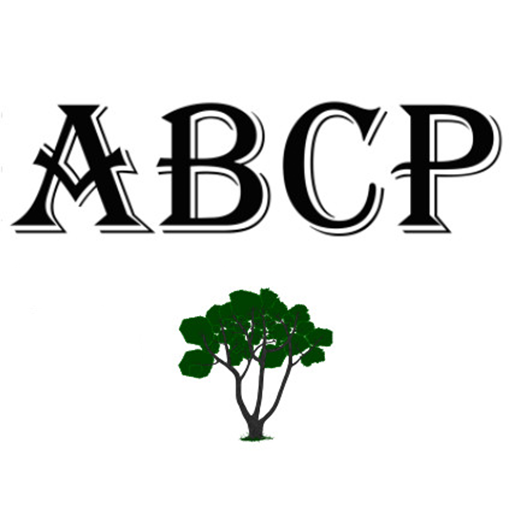
African Blackwood Project
Maison Selmer is active within the Chambre Syndicale de la Facture Instrumentale (CSFI), to support the African Blackwood Conservation Project initiative. Indeed, for the manufacture of our clarinets we use Dalbergia melanoxylon, better known as grenadilla, native to East Africa. The NGO therefore created the Community Adaptation Support Program (CASP) which we joined a few years ago. This program supports local communities to adapt to climate change, while participating in the replanting of grenadilla wood.
Carbon footprint 2023
As a company with fewer than 500 employees, we are not yet required to carry out an annual carbon audit. However, we believe it is appropriate to voluntarily submit to this, in order to assess our annual greenhouse gas emissions and identify areas for improvement to reduce our environmental impact.
Reasonable management
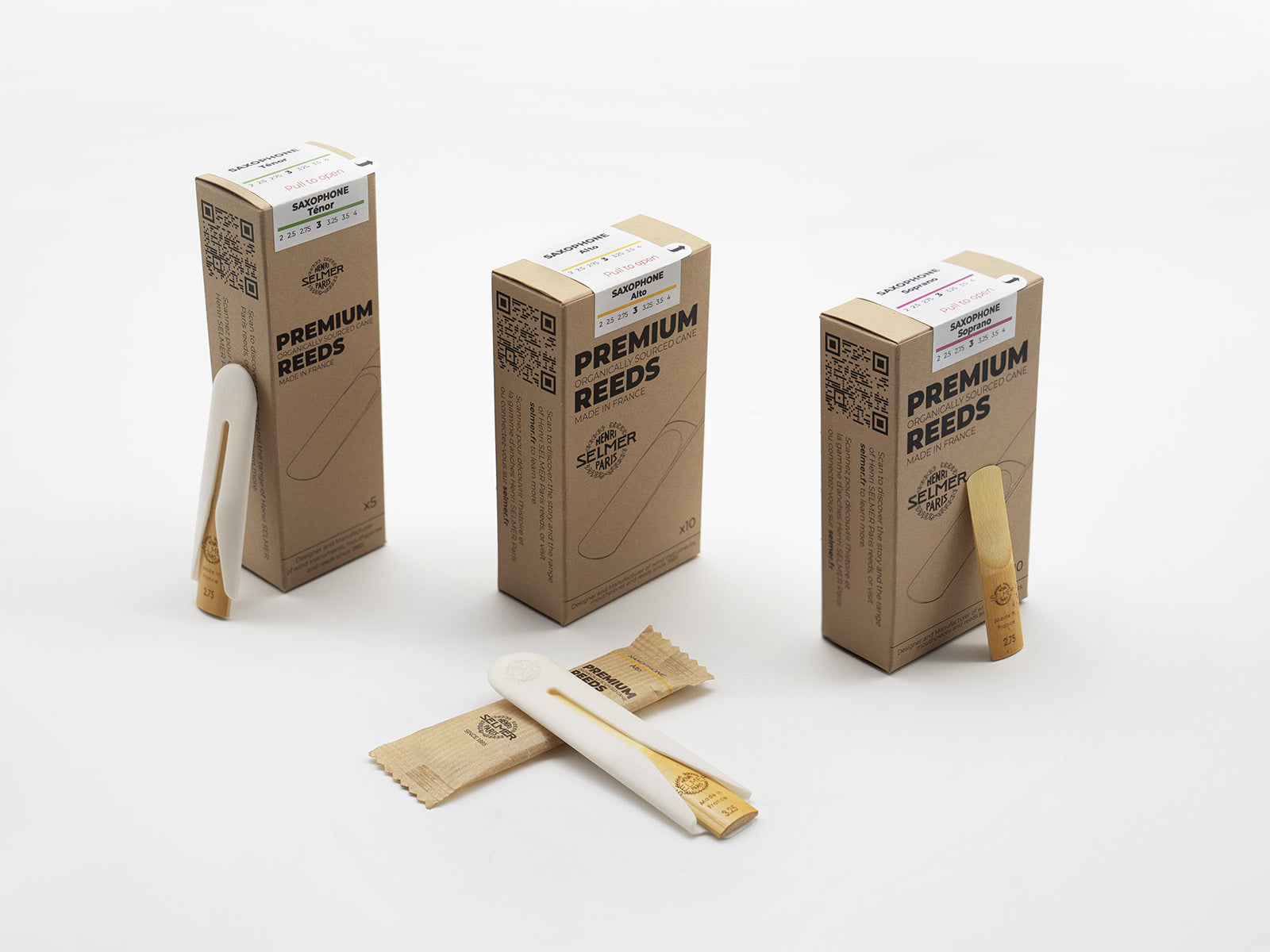
Waste management
The waste generated by our business, whether paper, plastic, electronics or industrial, must be managed responsibly. This involves implementing policies for recycling, reducing packaging and treating hazardous waste.
At Henri SELMER Paris, we do our best to reduce waste and emissions related to our production. We have also implemented selective sorting throughout our premises.
Furthermore, our reeds are packaged in an ecological way, without plastic, with a recyclable and compostable reed holder.
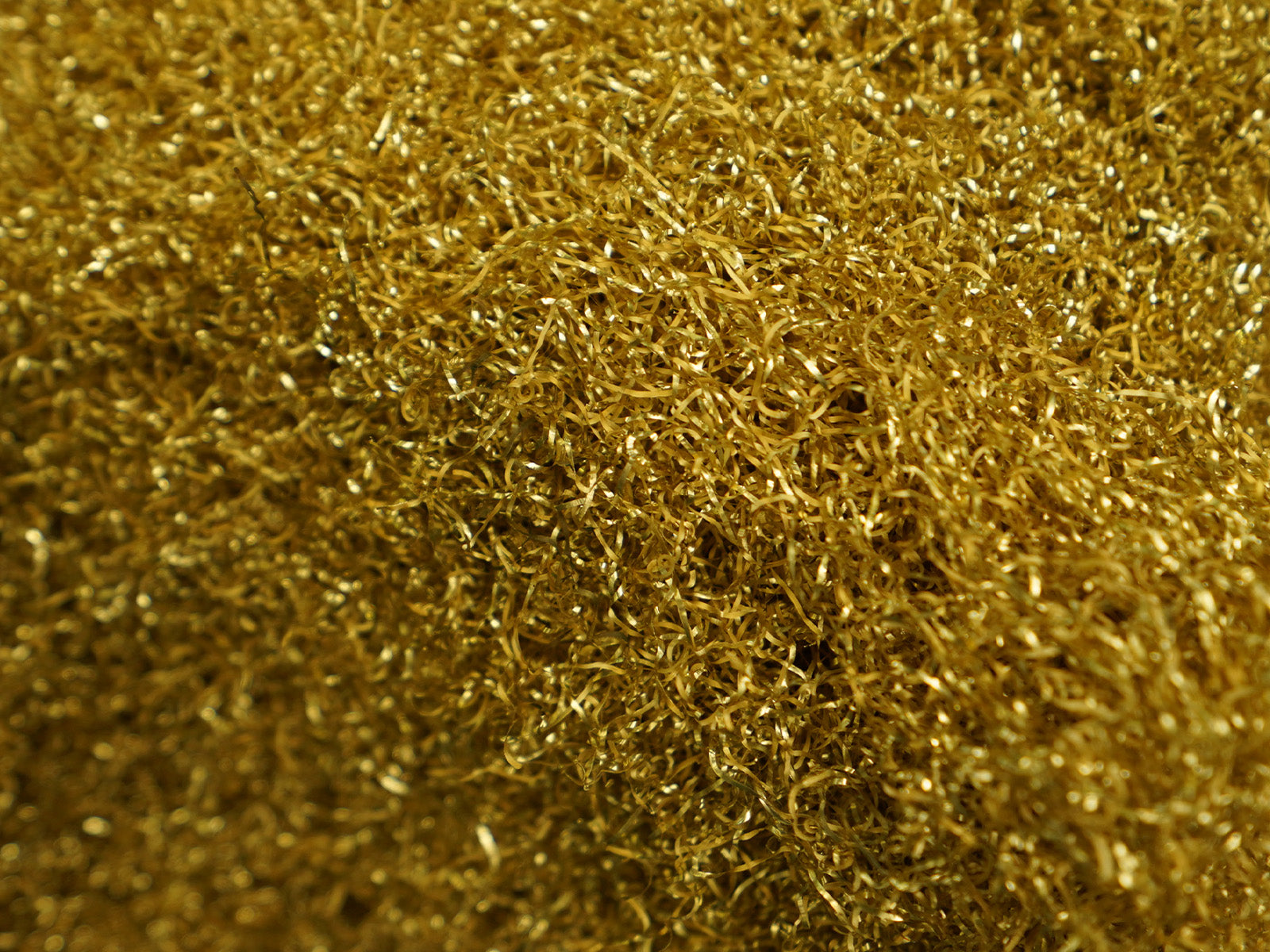
Revaluation
In the manufacture of brass instruments, a significant portion of the material is inevitably lost. However, we have reduced this waste rate thanks to our efforts in Research and Development. For example, in recent years, we have invested in precise laser cutting , allowing us to optimize each sheet of brass and minimize waste .
In any case, we recycle 100% of this waste , whether planned or not. We use a supplier who is responsible for remelting the brass, giving it a second life. This recycled brass is then resold within a maximum radius of 300 km around Paris, which helps reduce the carbon footprint linked to the product's life cycle.
We find the same mechanism with solid silver but this time with a virtuous circle that remains within the company, since we reuse the material in our production process.
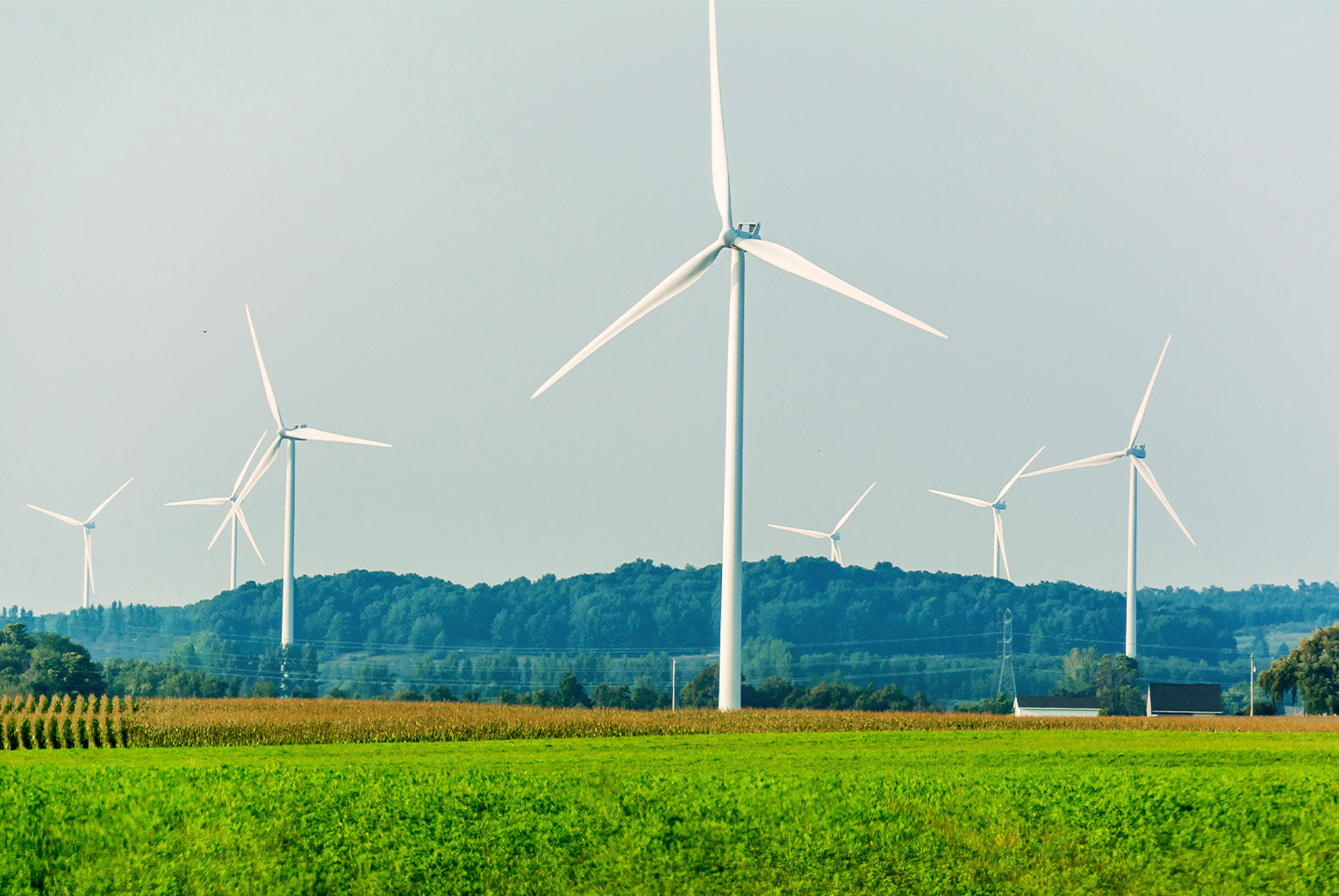
energy
For some time now, we have been trying to shift our focus to purchasing green energy as much as possible, using the financial and technical resources at our disposal. Green energy refers to renewable energy sources, i.e., energy that is produced in an environmentally friendly manner and does not contribute significantly to global warming.
Our HSE (Health, Safety, Environment) team works hand in hand with the Research & Development team to implement more energy- and resource-efficient processes .

Transportation
We have chosen to be more patient with the delivery time of our products to reduce our carbon footprint related to transport. We therefore prioritize maritime transport for the import and export of our goods. Cargo ships, particularly container ships, can transport huge volumes of goods around the world with relatively high energy efficiency .
Although ships still use mostly fossil fuels, their carbon footprint per tonne transported remains lower than that of trucks or planes.

Standards & Monitoring
The HSE team regularly monitors, with more than twenty audits per month , gas, wastewater, noise and odor emissions in order to check the status of the management of these emissions and to assess compliance with the annual plans created by the team.
Every month, a more comprehensive safety audit is carried out for the factory, taking into account all sections . Based on the results, a non-conformity rating system is implemented, with a penalty or bonus principle. This allows us to be aware of developments and to constantly improve.
Sustainable instruments
At Henri Selmer Paris, we favor quality, noble and durable materials .
Since its creation in 1885, 1 million instruments have been manufactured in our workshops. These clarinets, saxophones, bassoons and brass instruments, designed to last , have stood the test of time and left their mark on history.
Brass, the primary material of a saxophone, is often considered a durable material for several reasons:
-

Easy recycling
Brass is an alloy composed primarily of copper and zinc, and it can be recycled almost infinitely without losing its physical properties, resulting in a significant reduction in waste.
-

Energy saving
The brass recycling process uses significantly less energy than producing new brass from copper and zinc ores. This contributes to a reduced carbon footprint.
-

Solidity
Brass is a robust material, capable of resisting impact, wear and abrasion.
We source our brass from manufacturers and suppliers who are relatively close geographically , mainly in the Île-de-France region. We prioritize the short supply chain of our materials whenever possible.
The foundry sites are based in Europe : Fornaci di Barga (IT), Osnabrück (DE) and Hettstedt (DE).
The brass we purchase is made up of 70% recycled brass . Some of this brass, which will not make up the finished product, will itself be included in our recycling of offcuts and scrap.
For more transparency
-

Mother-of-pearl is native to Asia and Australia.
-

Cork originates from Portugal.
-

The leather stamps are made in Italy, it is a part that we purchase.
-

Dalbergia melanoxylon (ebony) comes from Mozambique and Tanzania.
-

The cane used for our reeds comes from the south of France. It is wild cane thriving in a preserved natural environment.
-

The ebonite used for our mouthpieces is purchased from a German producer.
Used Instruments
For over a century, we have been making durable and long-lasting instruments that contribute to the history of instrument making and bring joy to many musicians. With ReWIND , we are committed to a circular approach by choosing to give these instruments a new life .
Since 2021, Henri Selmer Paris has been buying instruments left behind by their owners in order to restore them and give them a new life via the ReWind.fr platform.
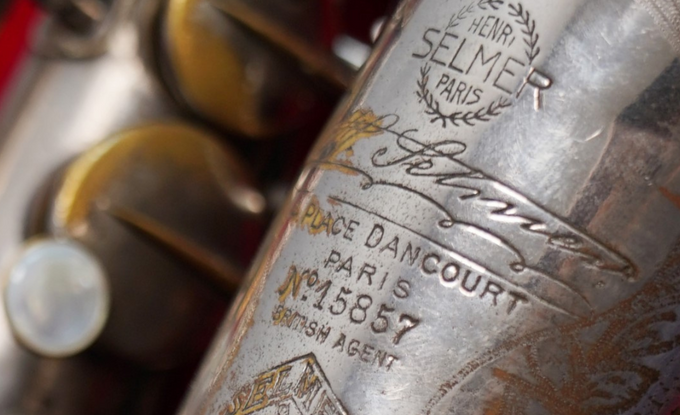
Buy a used instrument
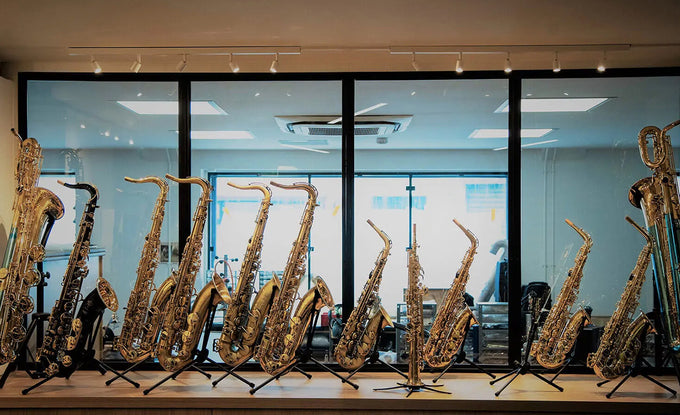
Discover the Rewind project
Social & human commitment
Henri Selmer Paris is a signatory to the United Nations Global Compact (UNGC), which recognizes human rights as a core principle. In addition, we have already developed a code of conduct and a policy to uphold human rights within our company.
We are aware that the wealth of Maison SELMER rests above all on the women and men who make it up , as well as on the trust that our customers place in us . This is why we place people at the heart of our CSR approach: we cultivate a caring work environment , encouraging professional and personal development.
We are also firmly committed to ethics, which is why we have implemented a comprehensive ethics charter , guiding all our business activities.
Commitment to our employees
gender equality
We are committed to reducing professional inequalities that may be highlighted during the publication of the Gender Equality Index . Through a rigorous internal policy and careful monitoring, our company has recently improved its index (88/100) thanks to a fair performance evaluation and the elimination of all gender-based discrimination.
Whistleblower Procedure
Recognizing the importance of fostering an organizational culture based on trust and integrity , we have implemented a whistleblower procedure. This procedure allows all employees to confidentially report any concerning or unethical activity within the company, without fear of retaliation.
Pension Plan
Concerned about the well-being of our employees, we have set up a pension plan for all our staff .
This initiative aims to ensure comprehensive social protection for all company employees, regardless of their position or hierarchical level. By offering a welfare plan, the company provides its employees with adequate coverage in the event of an accident, illness, or any other unforeseen event.
Less pain
We pay particular attention to research and constant improvement of more productive and less painful processes for our employees.
For example, we installed a buffing robot in our premises. Previously, this task was done entirely manually, which was very tedious and time-consuming, and could cause muscle pain.
The idea is to mechanize an action as soon as possible in order to optimize and alleviate the workload of craftsmen. However, many operations require the attention and meticulousness of skilled craftsmen .
In short, we alternate between craftsmanship and high technology to generate maximum added value and best satisfy our customers.
Health and safety
The HSE (health, safety, environment) team is constantly in contact with the manufacturing workshops to take measures to prevent workplace accidents .
The aim is to improve workplace safety through risk assessments, equipment and machinery safety inspections and chemical substance management.
In addition, we organize health and safety training and exercises for employees and establish and implement safety rules adapted to each position.
Cultural and societal patronage
Support for artists
Maison SELMER is deeply committed to supporting musicians, supporting 200 artist ambassadors each year at nearly 300 events with an annual budget of €200,000.
In 2024, we supported 50 masterclasses, offering young musicians and enthusiasts the opportunity to learn from the greatest musicians. We also supported numerous concerts, fairs, and festivals around the world, fostering connections between artists and audiences and helping to promote music in all its forms.
Support for music education
Henri Selmer Paris is actively committed to the promotion of culture, education and music.
We encourage musical practice among younger generations by sponsoring educational initiatives, particularly through the actions of the Chambre Syndicale de la Faiture Instrumentale . We also offer our employees the opportunity to take music lessons on our premises with a professional, and to borrow an instrument and appropriate equipment.
Humanitarian projects
We support several charitable and humanitarian associations: La Banda Musica in Mexico , Tomorrow's Warriors in the United Kingdom, and Ghetto Classics in Kenya . These associations work to promote music education and access to culture in disadvantaged communities.
A charity auction of the Supreme alto saxophone #001 "Model 2022," a limited edition of 641, was organized in partnership with Maison Vichy Enchères. This charity event raised funds that were donated in full to these three charities.












